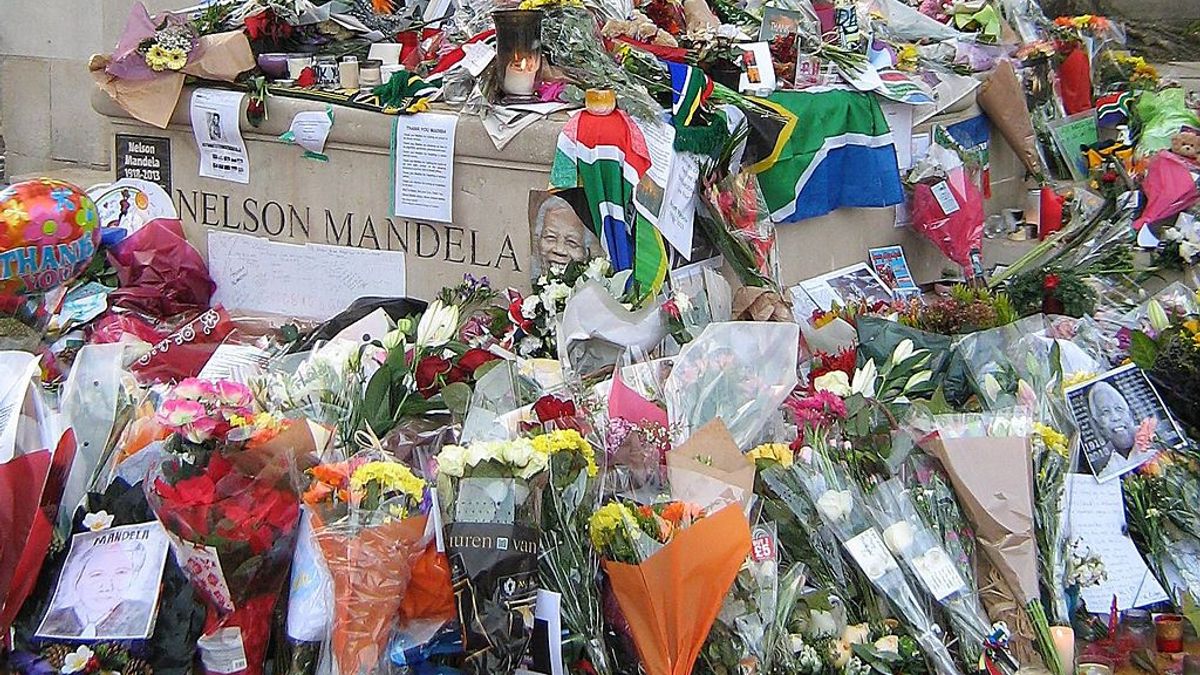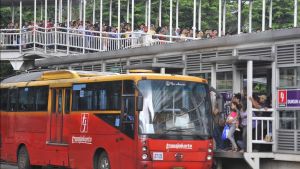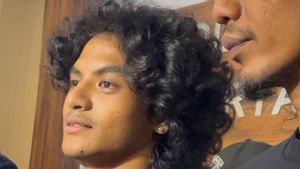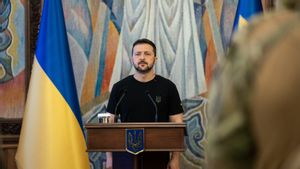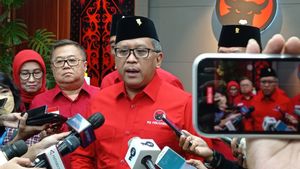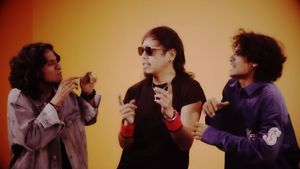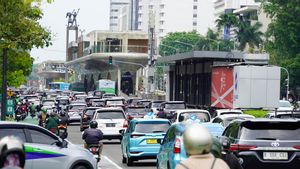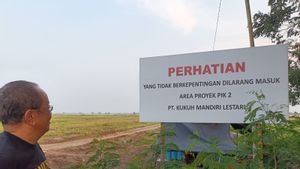JAKARTA - On December 5, Nelson Mandela, the former activist and president of South Africa, died after battling an illness he had suffered for nearly three decades. He died at the age of 95.
"Our nation has lost its greatest son. Our people have lost a father," said South African President Jacob Zuma.
Mandela's leadership"What makes Nelson Mandela great is precisely what makes him human. We see in him what we are looking for in ourselves."
Jacob Zuma
On 10 May 1994, Mandela was sworn in as the first democratically elected President of South Africa. During his presidency, Mandela worked to protect the South African economy from collapse. There is also a serious need to address the economic legacy of apartheid: poverty, inequality, unequal access to social services and infrastructure, and an economy that has been in crisis for nearly two decades.
Citing South African History, the Reconstruction and Development Program (RDP) was introduced by Mandela. The RDP is the South African socio-economic policy framework implemented by the ANC government in Mandela. The main objective of the ANC in developing and implementing the RDP was to address the enormous socio-economic problems created by apartheid.
In particular, Mandela set his sights on reducing poverty and addressing massive shortages in social services across South Africa. Through its RDP, the South African government undertakes job creation, housing and basic health care.
Mandela also introduced a macroeconomic growth, employment and redistribution (GEAR) policy. The policy proposes a series of medium-term policies aimed at the rapid liberalization of the South African economy. These policies include easing exchange controls, privatization of state assets, trade liberalization, "regulated" flexibility in the labor market, tight deficit reduction targets, and monetary policies aimed at stabilizing the rand through market interest rates.
Another of Mandela's policies to advance South Africa is the passing of a new Constitution. The creation of a new constitution to create a strong central government based on majority rule and guarantee minority rights and freedom of expression.
Peace through SportsAs part of his mission of peace, nation-building and reconciliation, Mandela used the nation's enthusiasm for sport as a key point to promote reconciliation between whites and blacks. He encouraged black South Africans to support the once hated white national rugby team.
In 1995, South Africa took to the world stage by hosting the Rugby World Cup, which brought further recognition and prestige to the young republic of South Africa. The World Cup of Rugby was won by South Africa and was the first World Cup of Rugby where each match was held in a single country. The World Cup was the first major sporting event to take place in South Africa after the end of apartheid. It was also the first World Cup South Africa was allowed to participate in.
In 1999, Mandela retired from active politics. He was called on to help broker a peace agreement in Burundi in Central Africa as a mediator. Mandela never wavered in his dedication to democracy, equality and learning. Even though he received terrible provocation, he never answered racism with racism. His life is an inspiration to all who are oppressed.
The English, Chinese, Japanese, Arabic, and French versions are automatically generated by the AI. So there may still be inaccuracies in translating, please always see Indonesian as our main language. (system supported by DigitalSiber.id)
